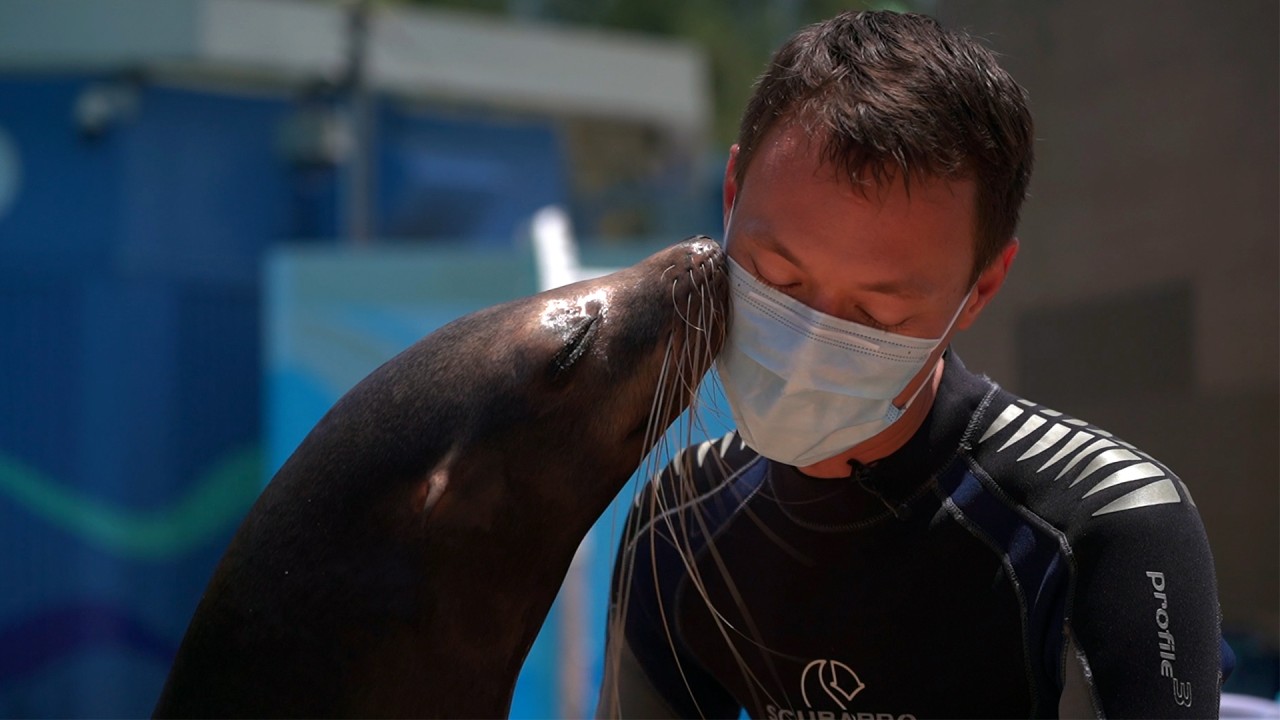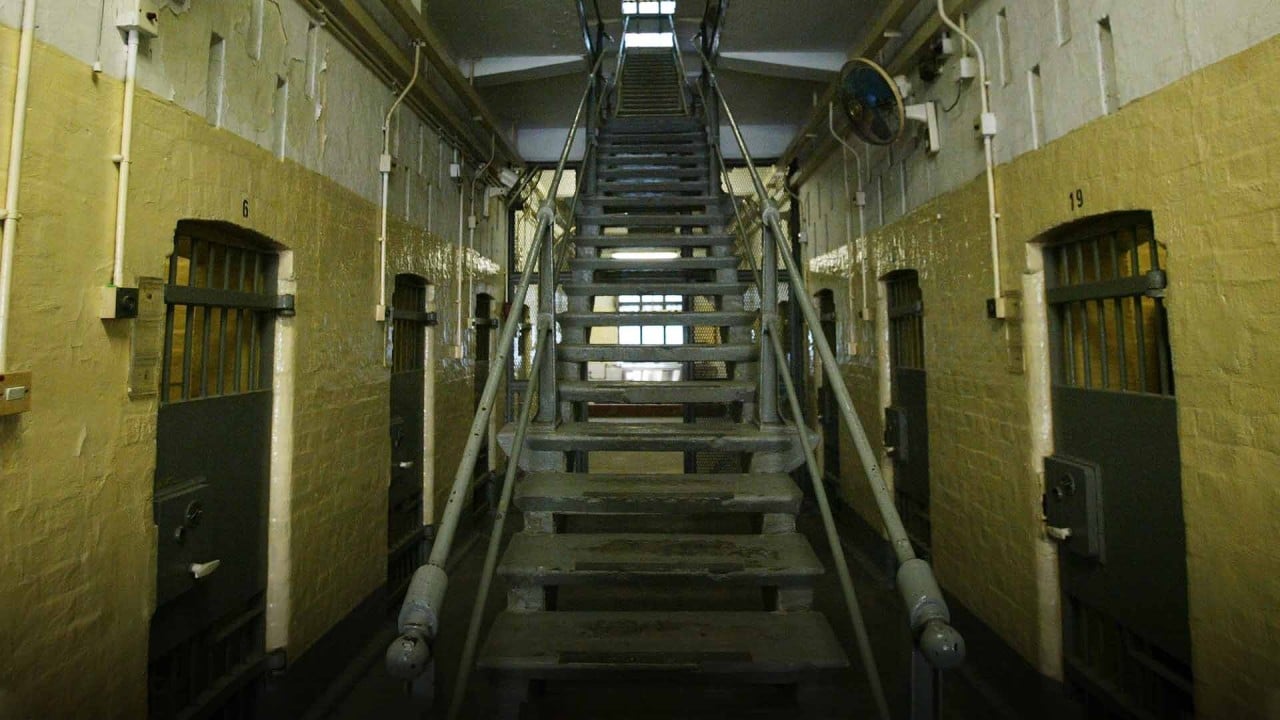
How Ocean Park can rebrand itself as the face of new Hong Kong
- Ocean Park could be Hong Kong’s next cultural heart, with rent-free spaces for struggling artists and revamped theatres for major concerts
- Its open spaces and gorgeous views could host fine dining and boutiques as well eco-tourism and extreme sports. The possibilities abound
Ocean Park has been an integral part of our city’s collective memory and an invaluable piece of Hong Kong’s tourism-driven economy. But with the recent double whammy of political instability and the Covid-19 pandemic, many say that the theme park is on its last legs.
So what now? As someone who was enamoured with both Ocean Park and Disneyland as a young child, I believe that there is much that can be done to revive Ocean Park.

01:28
Giant pandas in Hong Kong mate naturally for the first time in a decade
Yet being bona fide Hong Kong in 2020 is very different from what it was 30 years ago. The buskers at Star Ferry, the street performers and rappers in Causeway Bay, the fledgling troupes and thespians struggling to find permanent, affordable venues – to a young person in Hong Kong, these are the tribes that best typify Hong Kong culture.
The park could revitalise its footfall by providing open plots and collaborative spaces for these artists to perform in. It could, for example, provide a free-entry space near the park entrance, waiving rent in exchange for the performance attracting a hip audience to the park.

05:35
Animals at Hong Kong’s Ocean Park face uncertain future as pandemic keeps attraction closed
Secondly, since counting purely on spending from young people would be naive and ill-advised, Ocean Park should also cater to high-net-worth individuals by introducing high-end establishments. Some of the less frequented attractions atop the hill should be scrapped to make way for restaurants and boutique shops, which could artfully make use of the gorgeous vistas and unrivalled location in fostering a new hub for fine dining and retail.
Drawing on signature brands to establish a nascent outlet centre in the south of Hong Kong could be another option – no longer would tourists in the city centre have to travel to Tung Chung to quench their thirst for high-quality products. Only a few minutes away from the central business district via the MTR, Ocean Park is both a sounder and newer choice compared to the many others existing.

05:08
Prisons in Hong Kong: The story of Victoria prison
Finally, Ocean Park must continue to open up – as it has recently begun to – the lush and vast terrain on which it is situated. Brick Hill not only offers family-friendly hiking routes, but also a prospective tourism site. For a city with a budding eco-tourism industry struggling to demonstrate viability, Ocean Park is perhaps the best place in which to begin formalising sustainable tourism practices – the park is uniquely situated next to Aberdeen and Stanley, two flourishing urban and suburban clusters, while sitting on a vast mountainous terrain.
Ocean Park is haunted by the spectre of abandonment, anachronism and economic angst. Thousands of jobs are at stake here – there is more to the park than just another tourist attraction. It is high time that the powers of Hong Kong – old capital, new innovation – unite to exorcise this spectre. Given everything that we have been through these past two years, surely we deserve a better Ocean Park.
Brian Wong is a DPhil in Politics candidate at Balliol College, Oxford, a Rhodes Scholar (Hong Kong 2020) and the founding editor-in-chief of the Oxford Political Review

.png?itok=bcjjKRme&v=1692256346)